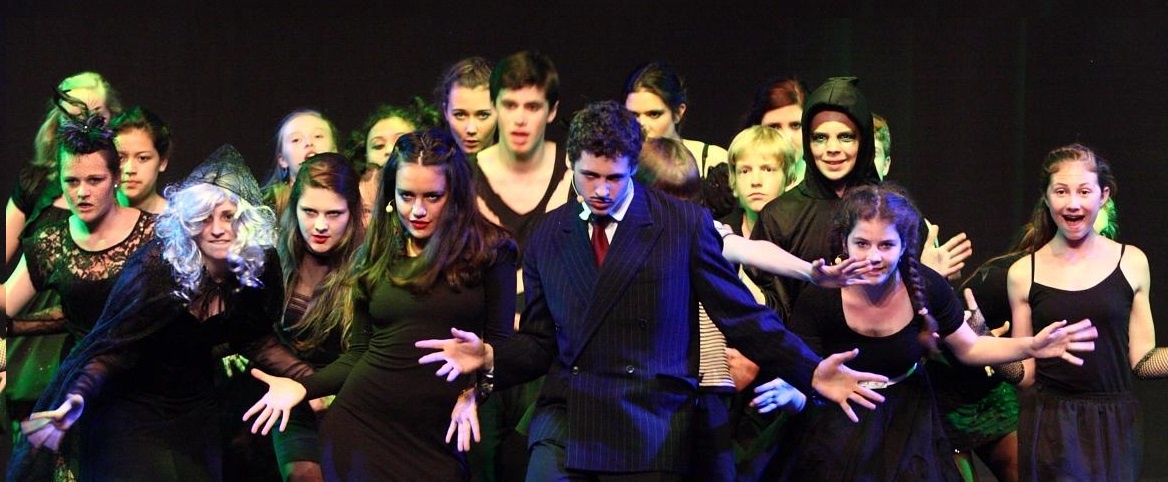 You can't use up creativity. The more you use, the more you have." Maya Angelou
You can't use up creativity. The more you use, the more you have." Maya Angelou
We all hope to see our children grow into happy and confident adults, who are successful and fulfilled by whatever career they chose. Academic attainment can of course be important in steering their life journey, but beyond a clutch of top exam grades what many of today's employers are reporting missing in otherwise strong candidates are life skills and creative thinking.
By the time we reach adulthood, life skills like problem-solving, confidence, empathy, resilience and creative thinking are attributes that people are often just assumed to have (or not). However, like most things these skills need to be nurtured and developed to reach their full potential. So how do we help our children hone the life skills that will serve them well in their later life?
At Simply Theatre alongside the development of performance skills, we invest a lot towards developing students creativity, self-awareness, and communication. We aim for all of our students to become good problem solvers, decision-makers, creative thinkers, communicators, whilst being empathetic and able to cope with their emotions and stress.
Through creative activities such as drama and music, children also quickly learn that being part of a group means listening as much as talking; a play won’t work if everyone says their lines over the top of the others, and an orchestra in which musicians don’t play in time would be a cacophony.
As adults we tend to see problems as an obstacle standing between us and the solution. But small children see problem-solving as part of their play, often the most fun part! When a child engages in a creative activity such as drama, dance, art or music, they first learn to embrace constraints; they are given a particular subject to paint, a rhythm to play to in a band, a certain emotion to convey through movement or a single prop, with which to improvise a scene. In fact, it would be rather boring to be asked to “draw anything” or “improvise whatever comes into your head”! In this way, children learn to see problems as a frame around potential responses, rather than as a wall that stops them from moving forward.
In drama games particularly, there is no failure: improvisation means building on whatever the previous person’s suggestion was, however outlandish or seemingly disconnected, and never negating it. Children have to trust that their suggestion will be adopted and used constructively, and through this trust, they quickly gain the confidence to put forward their contributions. When children are encouraged to contribute to a group performing arts project, they can see that their bit has helped make the whole more than the sum of its parts. By not having a right or wrong, and by giving children the confidence to express themselves freely and to incorporate willingly the expression of others, creative activities allow a child to see that there is no need to be afraid of making mistakes and that the differences between us can be a bonus.
Children who have confidence, who are creative thinkers, able to listen and communicate, who see the benefit of working together, who are willing to “give it a go” and view problems as fun are the ones who will have the skills employers of the future will be seeking, and they will be best equipped to face the modern workplace and to take their place on the world’s political and economic stage.
To find out more about how your child could benefit from Simply Theatre or for more details on our unique performing arts and drama courses and week-long summer camps for 4 to 18-year-olds please click the button below to send us your details.


